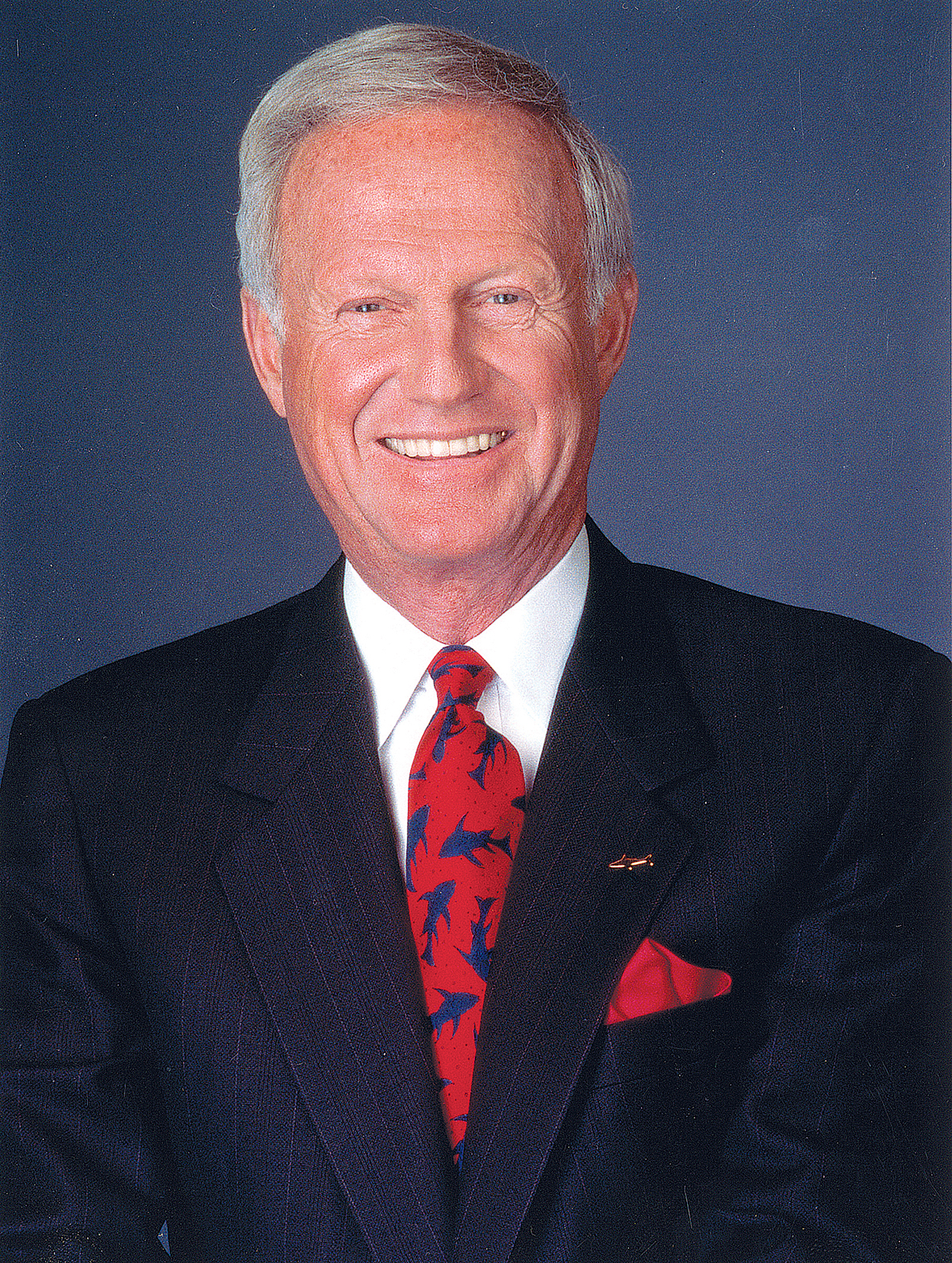Once upon a time, two brothers who lived on farms separated by a creek fell into conflict. It began with a small misunderstanding, grew into a major difference and finally exploded into an exchange of bitter words followed by weeks of silence.
One morning there was a knock on the older brother’s door. The visitor was a man with a carpenter’s toolbox.
“I’m looking for a few days’ work,” he said. “Perhaps you have a couple small jobs I could help with?”
“Yes,” said the brother. “I do have a job for you. Look across the creek at that farm. It belongs to my younger brother. I want you to build me a fence so I won’t need to see his place anymore.”
The carpenter nodded. “I think I understand the situation,” he said.
The older brother helped the carpenter get the materials ready and then went off to town. When he returned, the carpenter had just finished his job. But there was no fence. It was a bridge – a bridge that stretched from one side of the creek to the other. And his younger brother was walking over, his hand outstretched.
“You are quite a fellow to build this bridge after all I’ve said and done,” he said.
The two brothers met in the middle, taking each other’s hand. Then the older brother turned to see the carpenter hoisting his toolbox onto his shoulder.
“No, wait!” the older brother called. “Stay a few days. I’ve a lot of other projects for you.”
The carpenter smiled. “No, thanks. I have many more bridges to build.”
People who make a habit of burning bridges often wake up one morning wondering where everyone went. Fortunately, this older brother now knew how to regain what he was looking for, even if he didn’t realize it at the time.
How many people have left positions at companies and said some negative things about their previous employer, only to have it come back to haunt them? It’s a small world out there. Chances are that you will encounter people you used to work for or with, so leaving on good terms can prevent ugly situations in the future.
You also run the risk of tarnishing your reputation. As I’ve said on many occasions, my father, Jack, always used to tell me, “You spend your whole lifetime building a good name and reputation, and one foolish act can destroy it.”
I have taken his words to heart because there are few things more important than a good reputation. If you don’t have a positive reputation, it will be difficult to be successful because your reputation not only follows you – it also precedes you.
The world is full of people who were at the top of their game when they made a fatal mistake due to poor judgment, arrogance or the inability to do the right thing. Reputations are destroyed and all the money in the world can’t buy them back.
Repairing a reputation is considerably more difficult than keeping a good one.
The ability to forgive the other party also goes a long way toward maintaining bridges. Forgiveness is the key to healing all relationships.
Perhaps the offending party doesn’t even realize the hurt they have caused, or even if they do, they feel it was justified. But holding grudges is a lot of work. Getting beyond grievances is a sign of maturity and a great example for others.
The daughter of a friend gave me some advice a few months ago on how to handle forgiveness. She suggested making a list of the grudges, anger and pain that weigh you down. Commit to releasing it once and for all. Take three deep breaths and ask for peace. Then burn the list. And smile.
Bottom line, take the high road. Act like an adult. Keep your bitterness to yourself. Be gracious. The person you took for granted today may turn out to be the person you need tomorrow. So, think twice before you burn any bridges.
Mackay’s Moral: A person who burns bridges better be a damn good swimmer.
Harvey Mackay is the author of the New York Times bestseller “Swim With the Sharks Without Being Eaten Alive.” He can be reached through his website, www.harveymackay.com.











